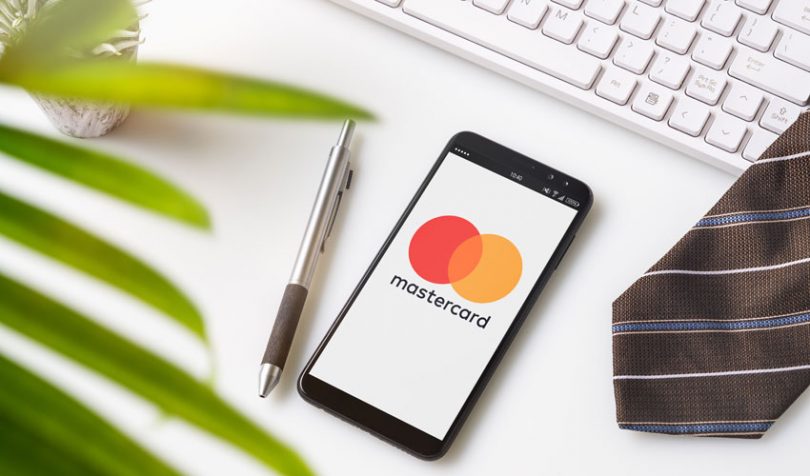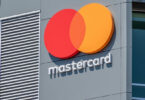On Tuesday payments company Mastercard announced it has joined Marco Polo, the trade finance blockchain network.
The aim is to integrate Mastercard Track, a B2B digital platform developed in partnership with Microsoft and launched last year. The solution provides business identity information on more than 210 million entities worldwide. Track targets international trade, aiming to help with payments, identity, KYC and credit reports. This will complement the functionality within the Marco Polo network.
“By connecting our Mastercard Track platform with Marco Polo, we’re further lowering the barriers to access trade finance for business of all sizes globally. We’re excited about scaling a connected digital trade ecosystem together,” said Claire Thompson, EVP Enterprise Partnerships at Mastercard.
Marco Polo is a trade finance network that provides open account trade finance, including payment commitments and receivable discounting. It offers ERP integration, which means that enterprises can request financing from multiple banks from a single dashboard. They simply need to select the invoices, the banks and the amount of funding they’re looking for. Current integrations include Microsoft Dynamics 365, Xero, and Oracle Netsuite.
The network started in 2017 and is currently in the pilot phase.
“Better flow of information across the whole value chain has the potential to drive significant benefits for all network members,” said Jacques Levet, Transaction Banking Head EMEA, BNP Paribas.
The technology underpinning the Marco Polo platform is R3’s Corda and the technology partner is TradeIX founded by Rob Barnes, who also started PrimeRevenue.
“The scale and reach of Mastercard will complement and enable the large number of financial service providers who have pioneered the formation of the Marco Polo network over the past couple of years,” said TradeIX’s Daniel Cotti.
Marco Polo bank members include Alfa Bank, Anglo Gulf Trade Bank, Bangkok Bank, Bayern LB, BNP Paribas, Bradesco, Commerzbank, Danske Bank, DNB, Helaba, ING, LBBW, Natixis, Natwest, OP, Raiffeisen Bank, SMBC, S-Servicepartner, Standard Bank, and Standard Chartered.
Mastercard has several blockchain initiatives. It’s a member of the Facebook Libra blockchain and is rumored to be working on its own cryptocurrency wallet.
In October 2017 it opened access to the Mastercard Blockchain API to financial institutions and merchants. The aim is to reduce the need for reconciliations and enhance auditability.
Last month the card company announced a blockchain provenance solution for high-end clothing in conjunction with IMG’s creative platform MADE.
Mastercard continues to expand beyond its core credit card business particularly focusing on the corporate sector. Earlier this month it agreed to acquire most of the Corporate Services business from European payments technology company Nets for €2.85 billion ($3.14 billion). It’s part of the strategy of extending its position as a “Multi-Rail” payments company.






